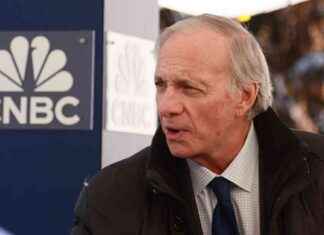Elon Musk, the CEO of Tesla and SpaceX, recently showed support for the idea of allowing presidents to have influence over Federal Reserve policy. This endorsement came in response to a social media post by Senator Mike Lee, who called for the Fed to be under the direction of the president. Musk’s simple response of posting the “100” emoji indicated his agreement with this notion.
This move by Musk is part of a larger movement towards potentially reducing the independence of the Federal Reserve under the upcoming Trump administration. Federal Reserve Chair Jerome Powell had previously stated that he would not resign from his position if asked to do so by Trump, hinting at a potentially contentious relationship between the two in the future.
Traditionally, the Federal Reserve has operated independently to make monetary policy decisions based solely on the economic health of the country. However, Trump has previously been vocal about his criticisms of Powell and the Fed’s policies during his first term in office. He has even suggested that the president should have a say in these decisions, citing his own success and instincts as reasons for his belief.
This renewed discussion around presidential influence on the Federal Reserve could have significant implications for the country’s economic policy moving forward. It raises questions about the balance between political influence and the independence of critical financial institutions.
As we look ahead to the future of the Federal Reserve under the new administration, it will be important to monitor how these discussions and potential changes could impact the economy. The relationship between the president and the central bank has historically been a delicate one, and any shifts in this dynamic could have far-reaching consequences.
Overall, Musk’s public support for presidential influence over the Federal Reserve is just one example of the broader debate surrounding the role of politics in economic decision-making. It remains to be seen how this debate will unfold in the coming months and what it could mean for the future of the country’s financial stability.








